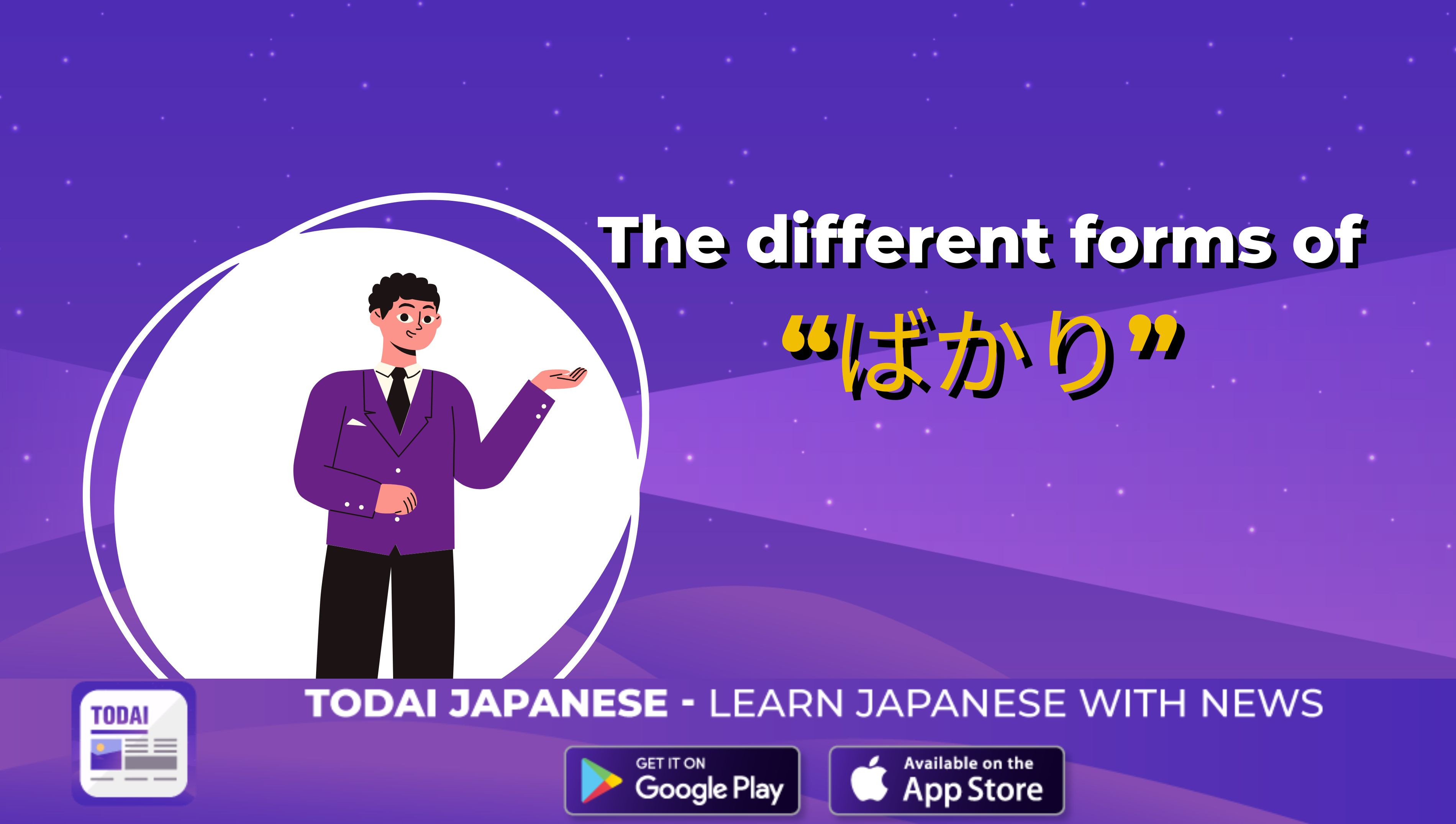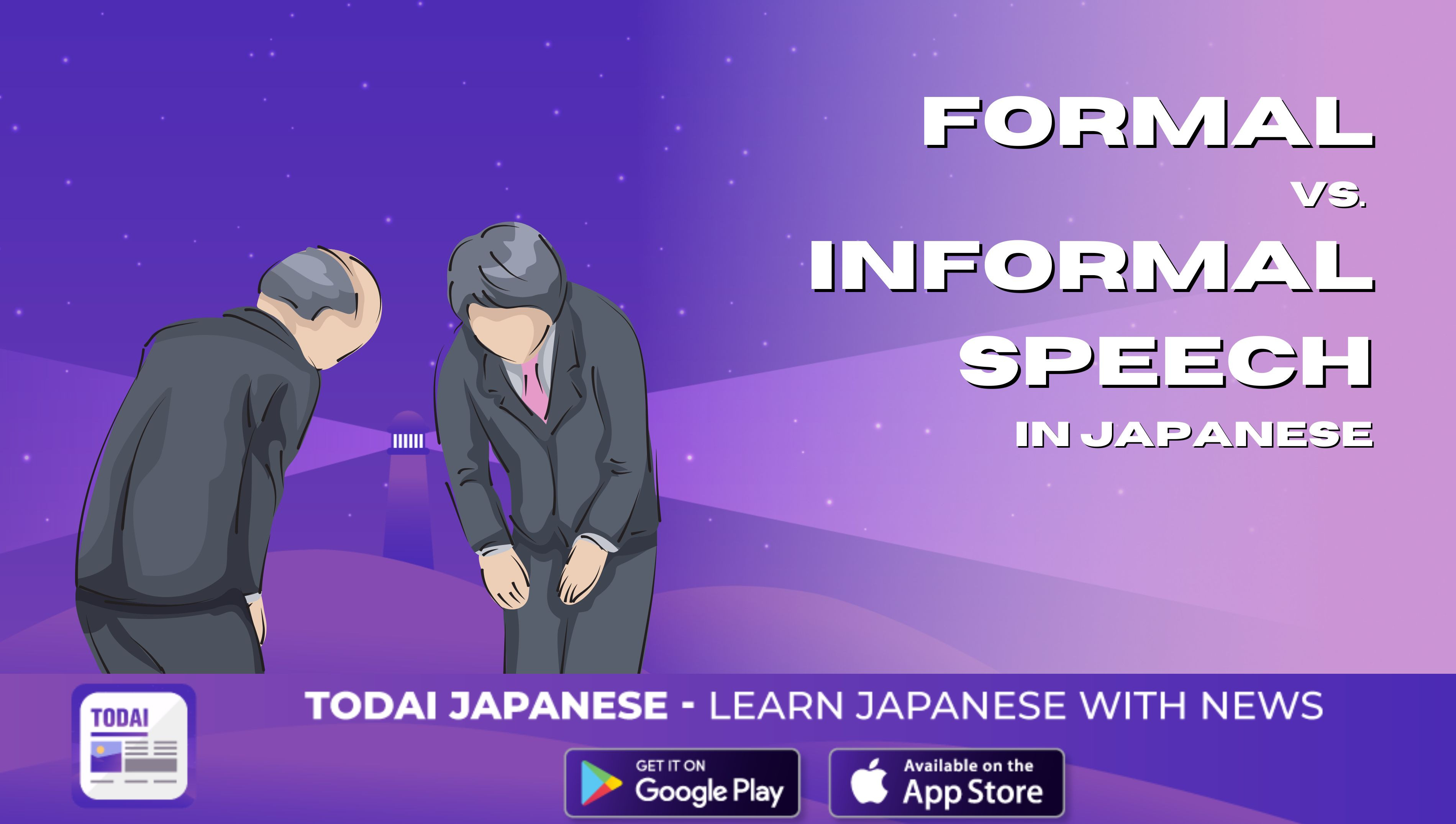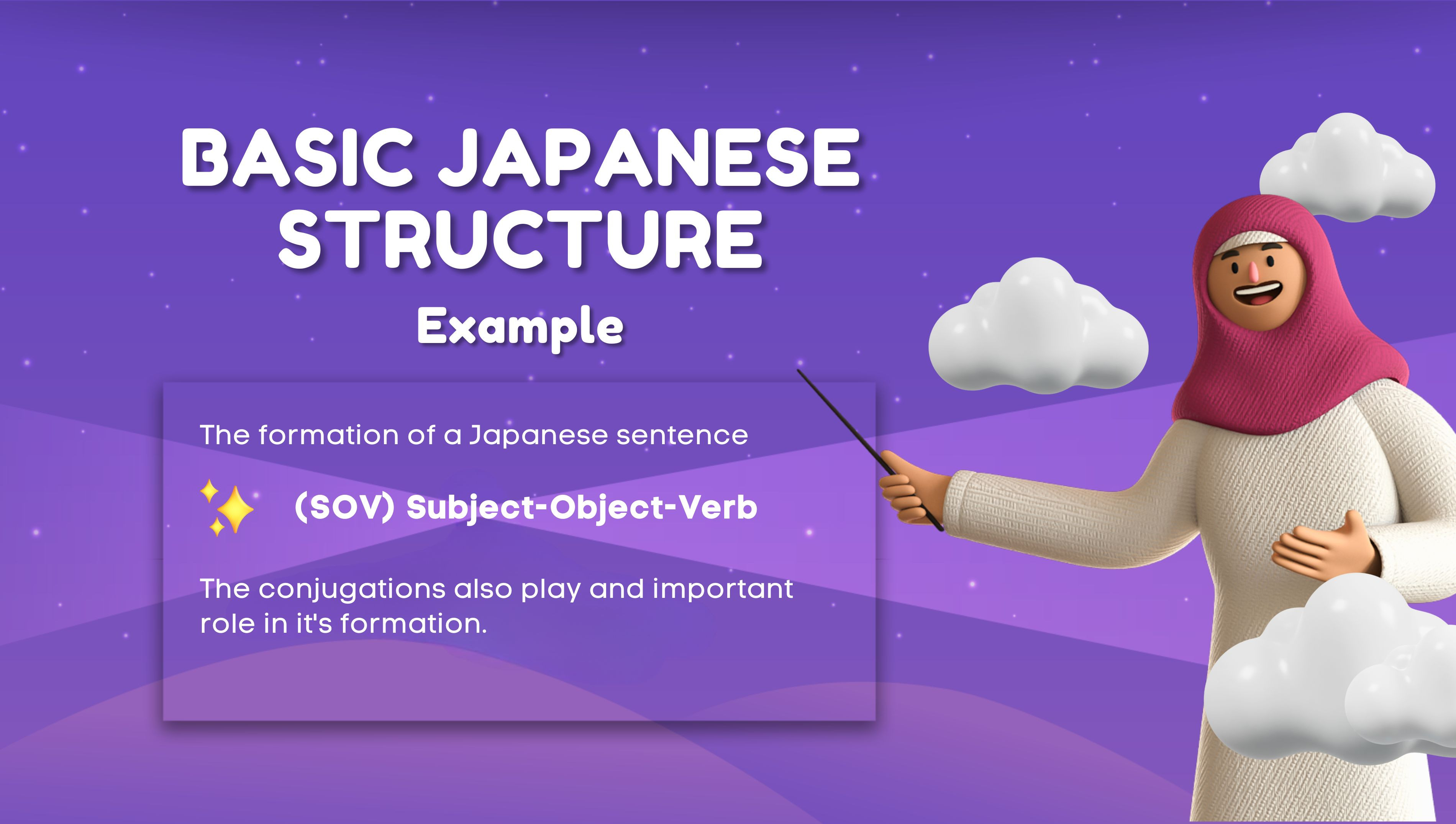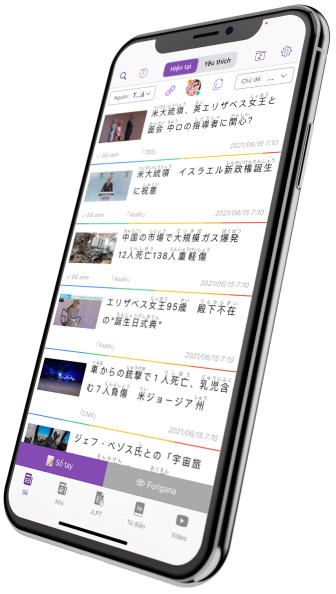
The words 変える, 換える, 替える, and 代える all have the prefix 異 (change), but each word has a different meaning and usage. Below is a detailed explanation of each word, along with illustrative examples.
1. 変える (kaeru)
Meaning: to change, transform, make different.
Usage: Often used in the context of changing, transforming, or making something different, usually the nature or state of an object or event.
- Example:
天気が変わる (Tenki ga kawaru) - The weather changes.
計画を変える (Keikaku o kaeru) - Change the plan.
2. 換える (kaeru)
Meaning: to replace, exchange, or change with something else.
Usage: Often used in the context of replacing an object or changing it with something else.
- Example:
電球を換える (Denkyuu o kaeru) - Replace the light bulb.
バッテリーを換える (Battery o kaeru) - Change the battery.
3. 替える (kaeru)
Meaning: to replace, exchange, substitute.
Usage: Often used in the context of replacing a damaged or broken object with another object, usually by removing and putting it back.
- Example:
Tシャツを替える (T-shirt o kaeru) - Change the T-shirt.
タイヤを替える (Tire o kaeru) - Change the tire.
4. 代える (kaeru)
Meaning: to replace, substitute with something else, replace with a new one.
Usage: Often used in the context of replacing an object or changing it with something new.
- Example:
古いコンピューターを新しいものに代える (Furui konpyuutaa o atarashii mono ni kaeru) - Replace the old computer with a new one.
クレジットカードを代える (Kurejitto kaado o kaeru) - Replace the credit card.
👉 Follow TODAI Japanese to learn Japanese better, if you want to study Japanese but don’t know what you need to learn, You can try TODAI Japanese, and starting learning Japanese by reading Japanese news is a good idea for beginners.


































Login to comment